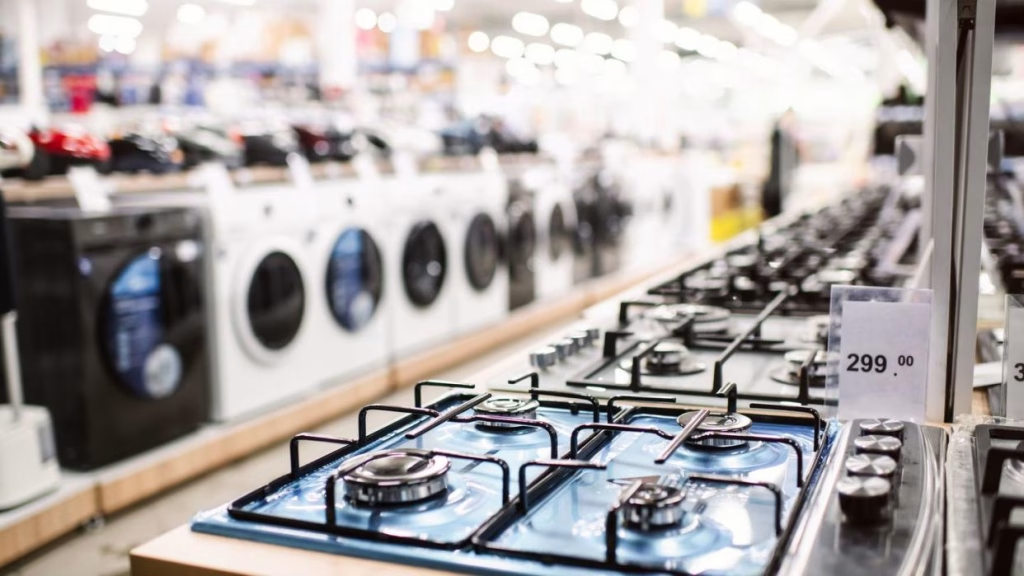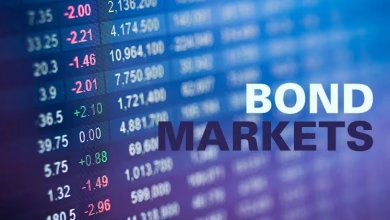What Trump’s steel and aluminum tariffs could make Life expensive

- Tariffs could make things like food cans, cars, and appliances more expensive
- Coca-Cola might switch to plastic and glass to avoid higher aluminum costs
- Car prices may go up, even with long-term contracts
It’s easy for Americans to think that President Donald Trump’s steel and aluminum tariffs won’t affect them, especially since most people don’t buy raw metals. However, the 25% tariffs introduced on Wednesday could still impact consumer prices.
Steel and aluminum are used in a wide range of products, from food and drink cans to cars and more. Since much of this metal comes from overseas, companies may pass the cost of these tariffs on to American consumers.
Although it’s too early for CEOs to predict exactly how the tariffs will affect pricing, several have already warned that price increases may be coming. Campbell’s CEO, Mick Beekhuizen, said the company imports steel from Canada to make cans and is working with suppliers to minimize the impact. He mentioned that if the tariffs remain in place, they might need to review product prices.
Some companies, like Coca-Cola, are considering switching to plastic and glass for packaging to avoid the higher costs from aluminum tariffs. CEO James Quincey stated that while the price increase from the tariff isn’t massive, it would still be better not to have the tariff at all. Cars, which use large amounts of steel and aluminum, could also see price hikes, though automakers may be protected in the short term due to long-term contracts with fixed rates.
General Motors CFO, Paul Jacobson, noted that the steel GM uses is priced through long-term contracts, but they are still vulnerable to market price spikes. Appliances like refrigerators and washing machines, which also use a lot of steel and aluminum, could become more expensive due to the tariffs.

Whirlpool’s senior vice president, Roxanne Warner, shared that the company has locked-in contracts for raw materials like steel for at least a year. However, in 2018, Whirlpool faced a $350 million increase in costs due to tariff-related price hikes. Whirlpool buys most of its steel from domestic suppliers, but they are still closely monitoring the impact of trade policies.
Tariffs on aluminum and steel are also affecting industries like water filtration. Pentair CEO, John Stauch, said the company imports $100 million worth of steel and aluminum, and the current tariffs are costing them an additional $50 million. As a result, Pentair plans to raise prices across its businesses starting in April. This could lead to higher water filtration costs for consumers, as providers may pass those price hikes onto customers.






